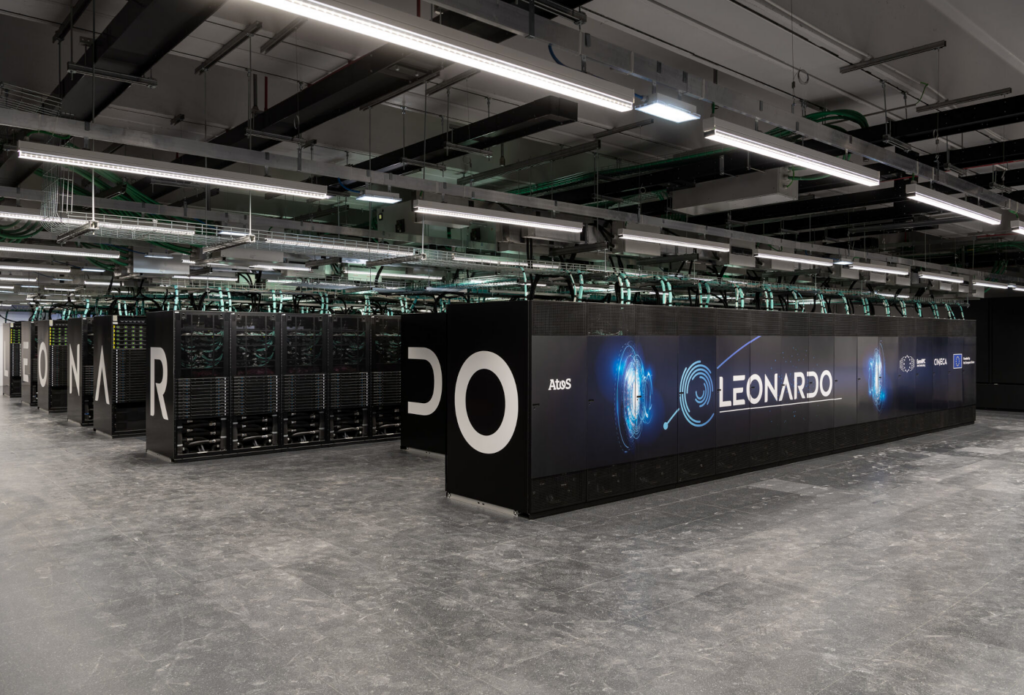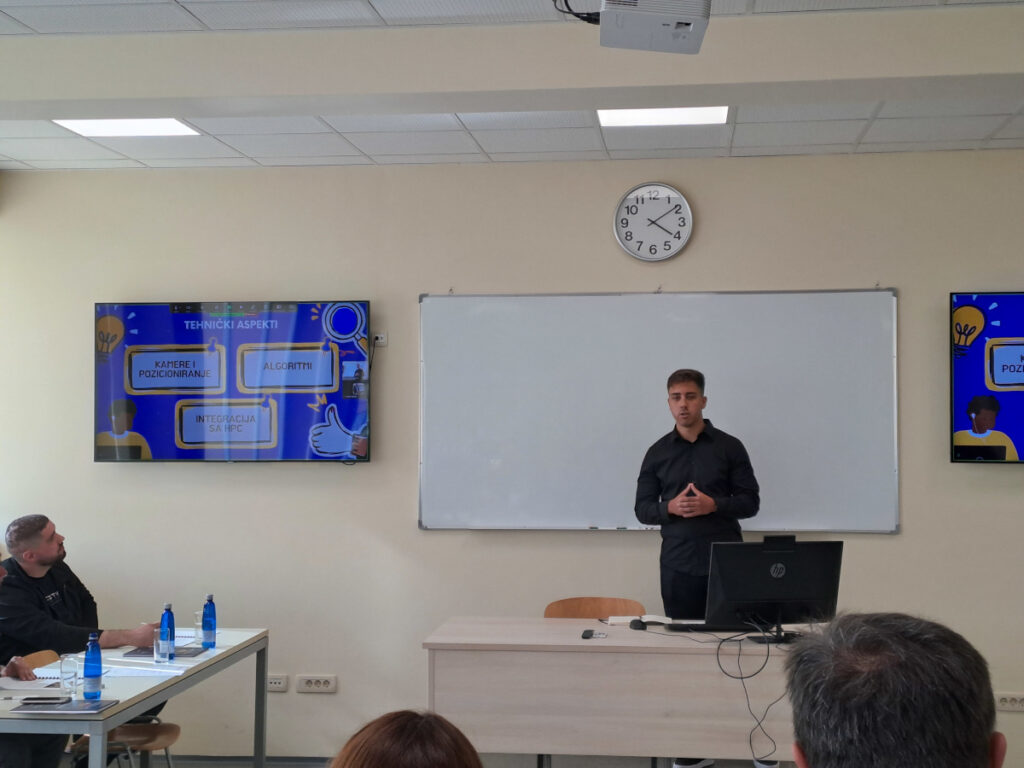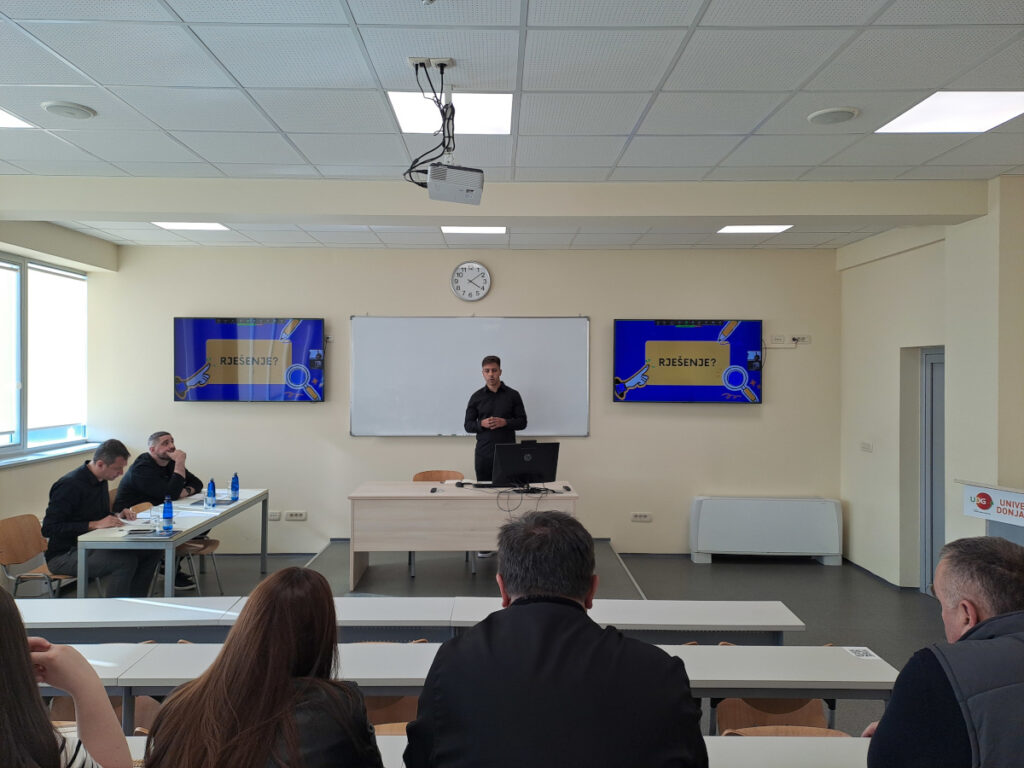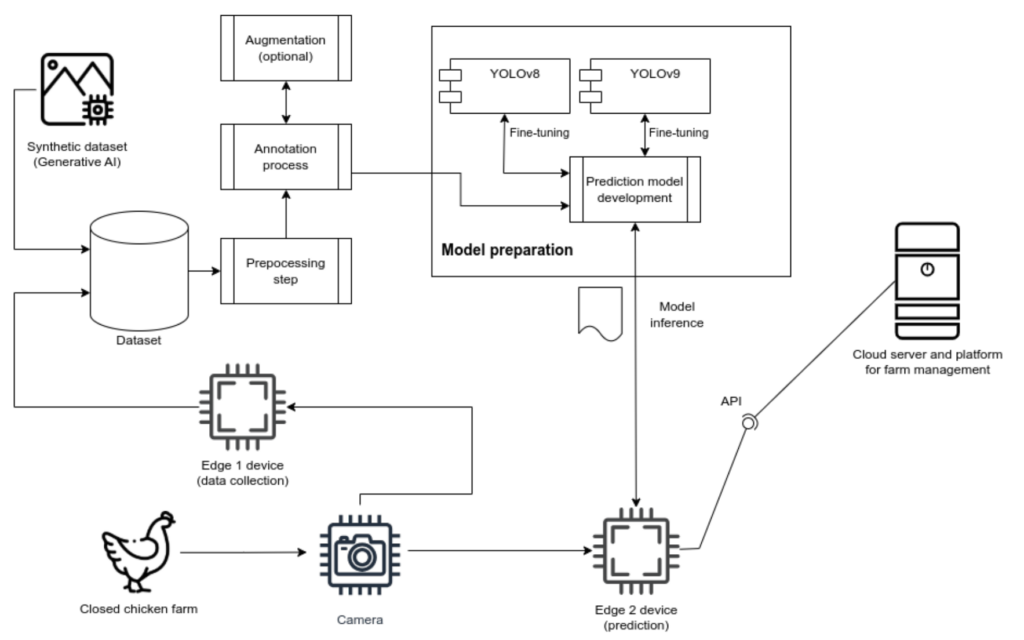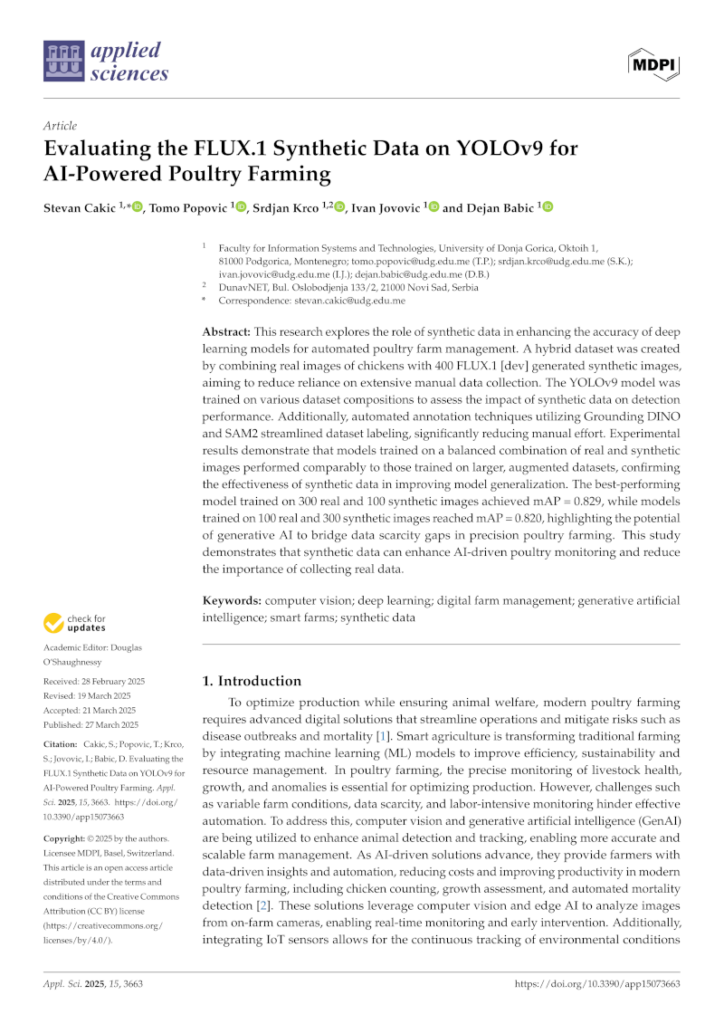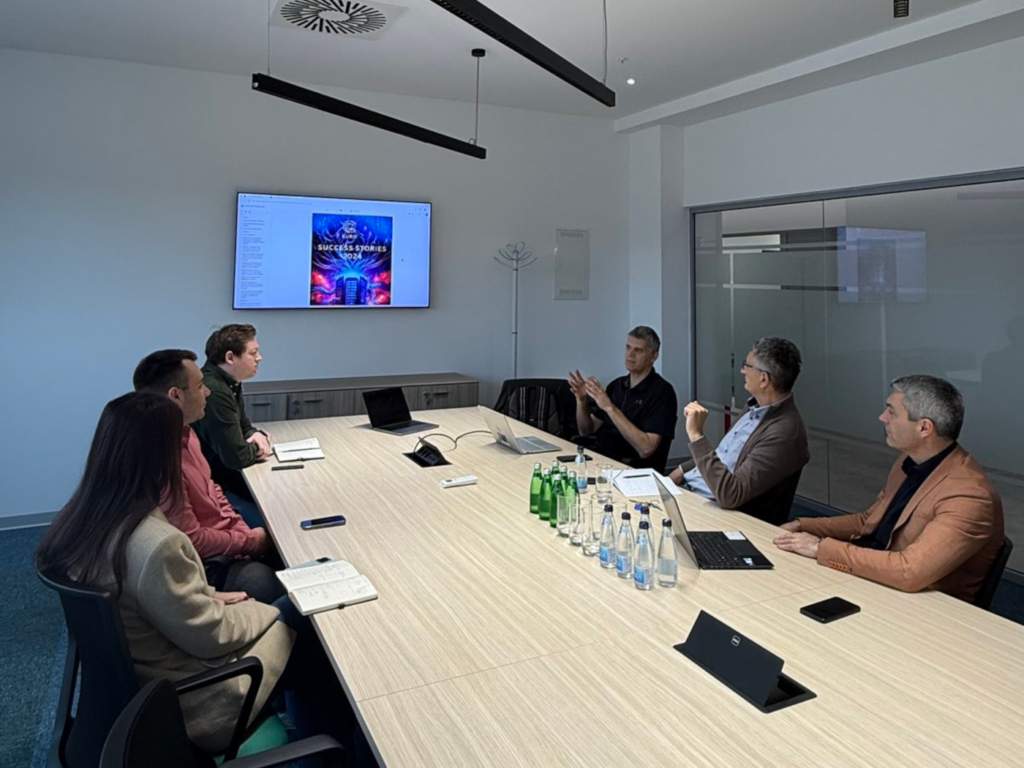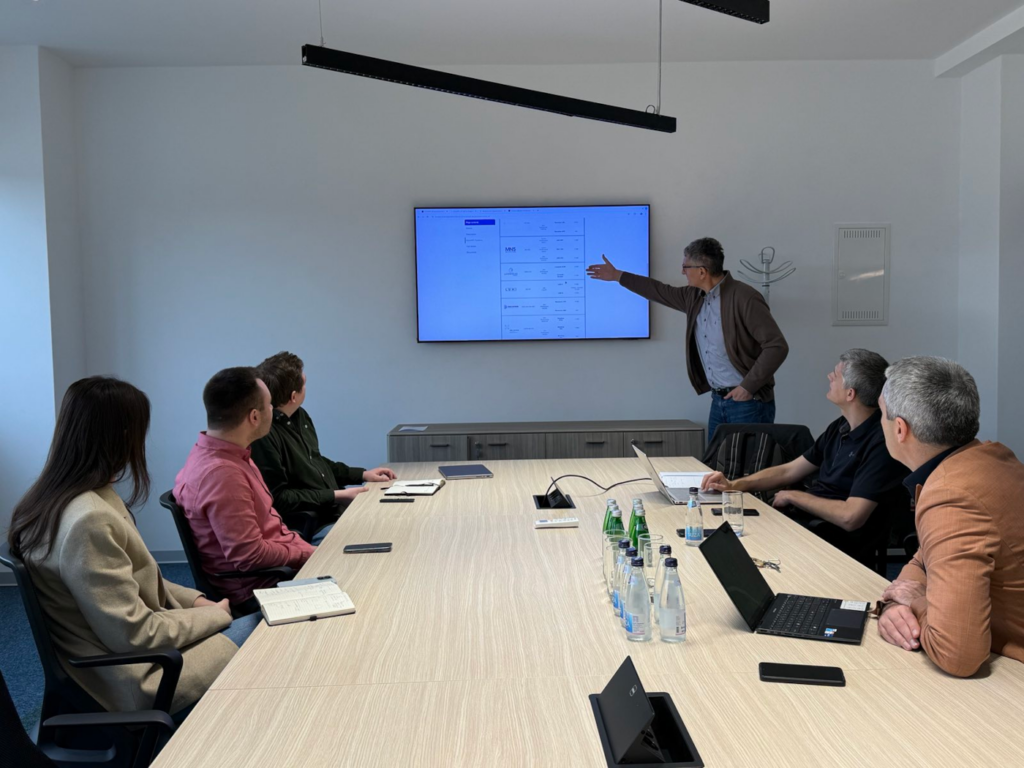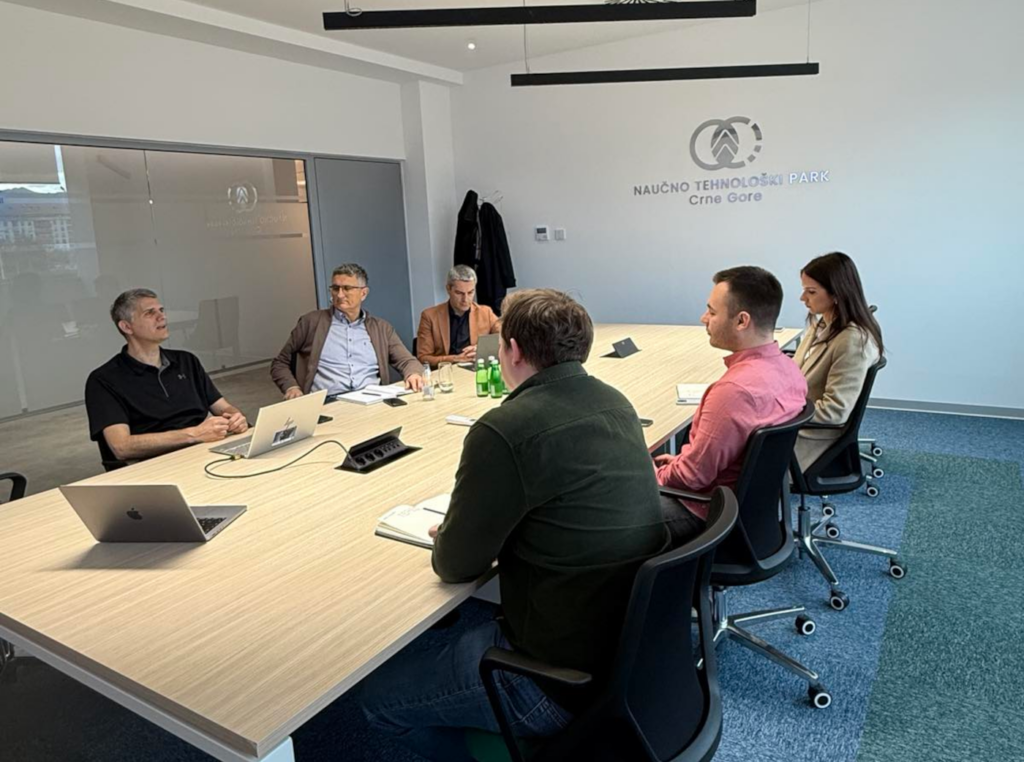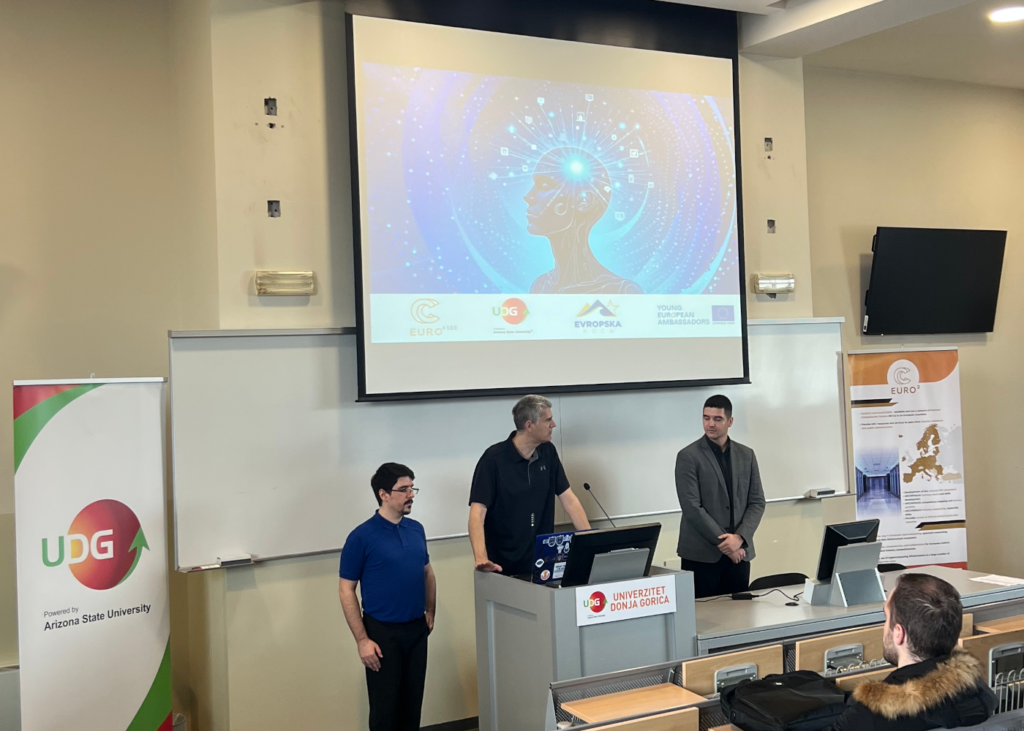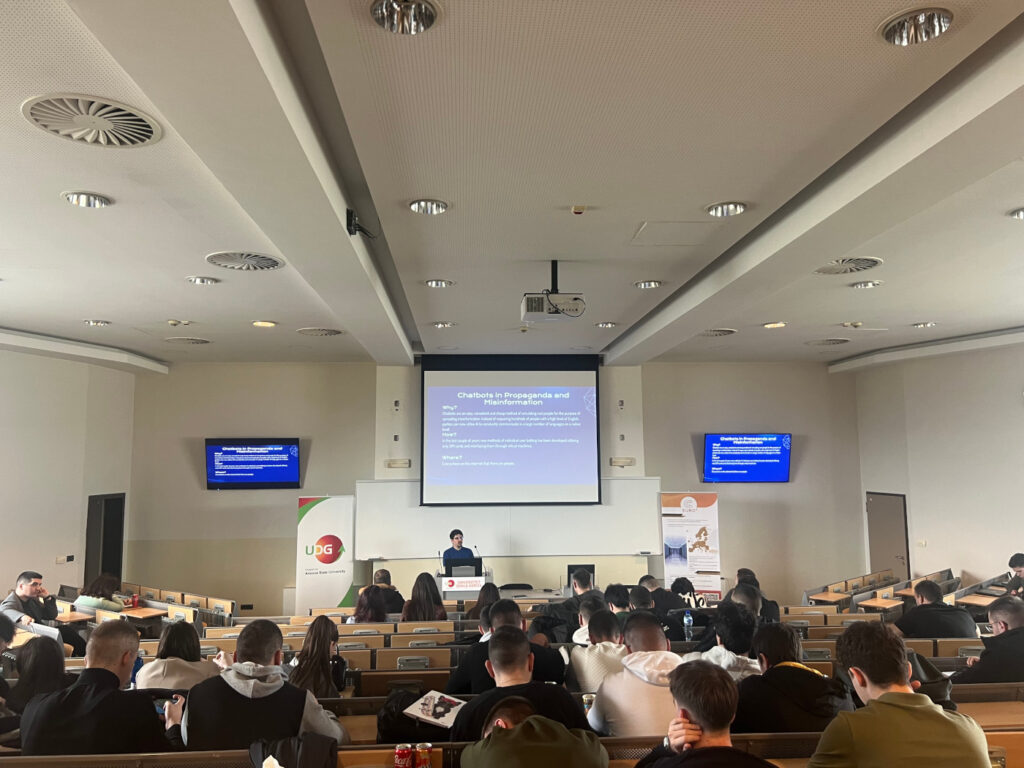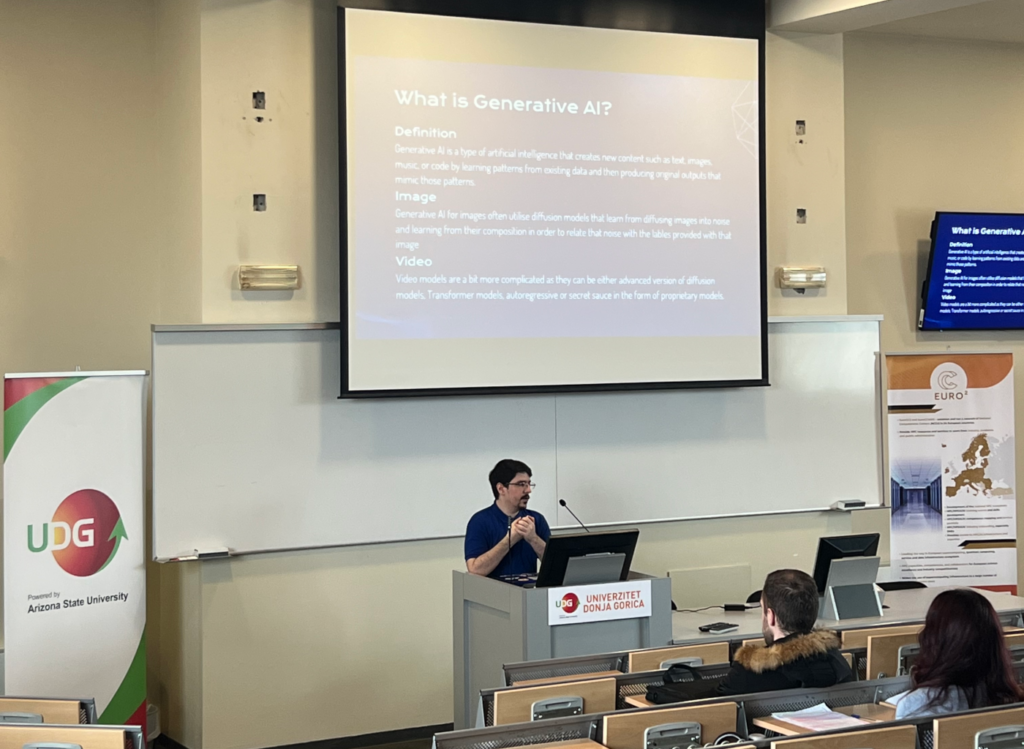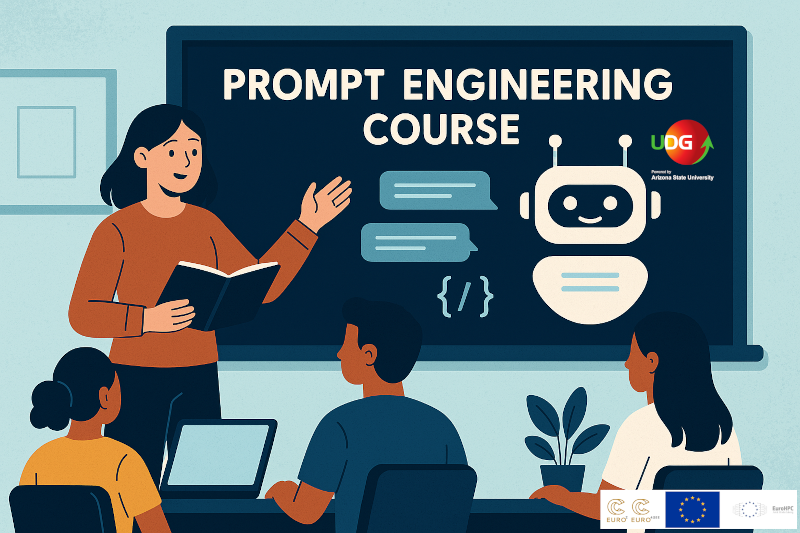The Fortissimo Plus (FFplus) project recently concluded its first Open Call for Business Experiments, aimed at encouraging small and medium-sized enterprises (SMEs) to adopt High-Performance Computing (HPC) technologies. Launched on June 21, 2024, and closed on September 4, 2024, the call attracted 126 proposals from 220 organizations across 30 European countries. After a rigorous evaluation process, 19 sub-projects were selected for funding, involving 43 organizations, including 34 SMEs, demonstrating the initiative’s success in promoting HPC adoption among SMEs.
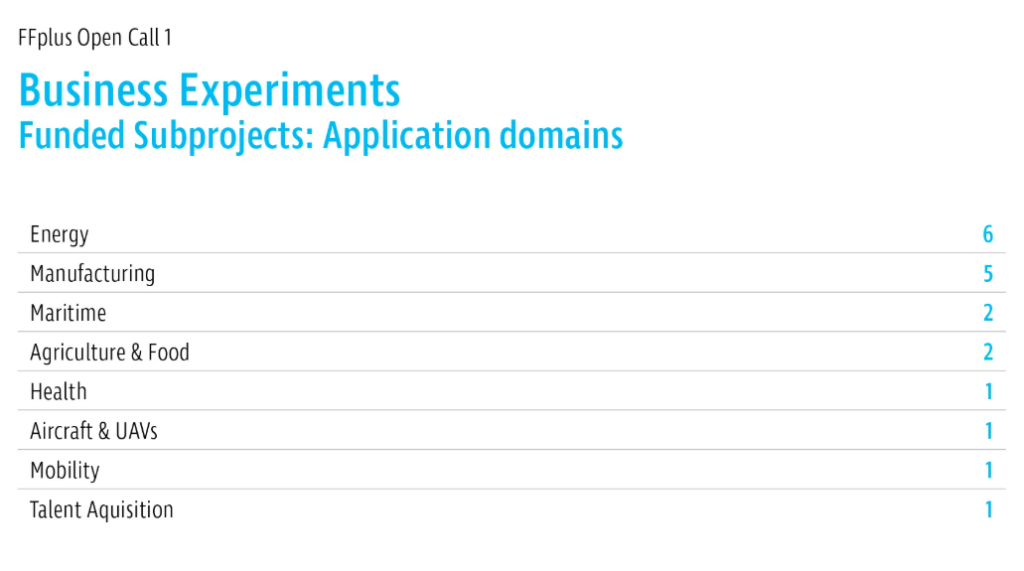
Among the selected sub-projects is “Transforming Business Culture and Hiring Through High-Performance Computing GenAI-HPC4WB,” a notable initiative from Montenegro by a startup company called Recrewty. This project aims to revolutionize recruitment processes in the Balkan region by integrating generative artificial intelligence (AI), machine learning, and HPC. By analyzing psychometric data, CVs, and interviews using AI models tailored to regional languages—Montenegrin, Serbian, Bosnian, and Croatian—the project seeks to enhance hiring accuracy and efficiency. Utilizing HPC resources enables the processing of large datasets, improving the scalability and precision of these AI-driven assessments.
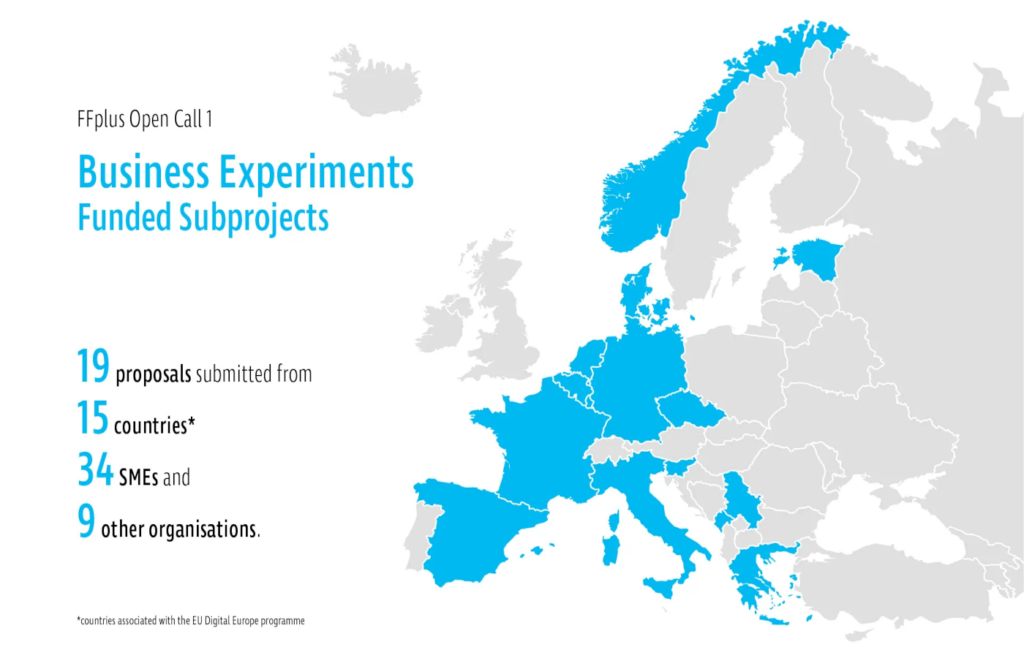
The success of the GenAI-HPC4WB project underscores the growing competence and innovation capacity within Montenegro’s tech community. The HPC Montenegro team played a pivotal role in supporting the proposal’s development, reflecting the country’s commitment to advancing HPC applications and fostering collaboration between academia and industry. This achievement not only highlights Montenegro’s active participation in European HPC initiatives but also sets a precedent for future projects aiming to leverage advanced computing technologies to address regional challenges.
More information on FFPlus website at [link].


